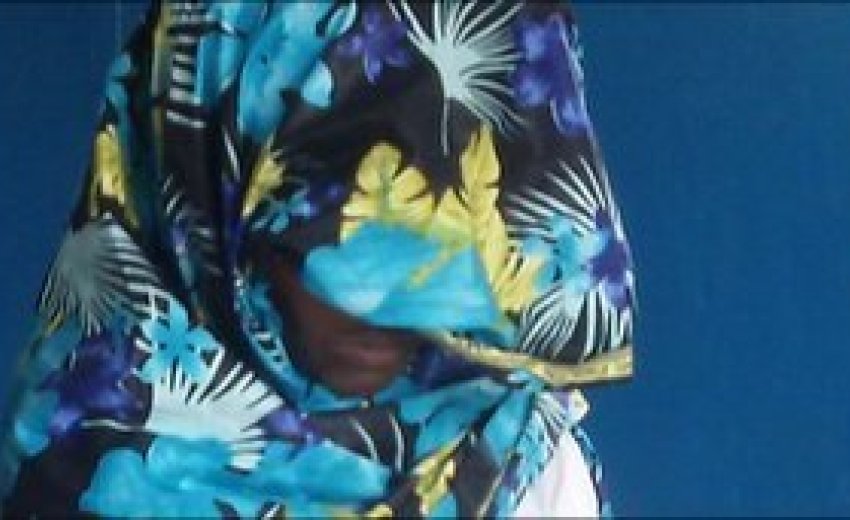 |
| Rape has long been a feature of the conflict raging in eastern DR Congo |
That rate is significantly higher than the previous estimate of 16,000 rapes reported in one year by the UN.
DR Congo says the figures reflect women being better able to report rape.
Sexual violence has long been a dominant feature of the continuing conflict in eastern DR Congo.
Amber Peterman, leading author of the study, said: "Our results confirm that previous estimates of rape and sexual violence are severe underestimates of the true prevalence of sexual violence occurring in the DRC.
"Even these new, much higher figures still represent a conservative estimate of the true prevalence of sexual violence because of chronic underreporting due to stigma, shame, perceived impunity, and exclusion of younger and older age groups as well as men," she added.
Worst affected area
The study, entitled Estimates and Determinants of Sexual Violence Against Women in the Democratic Republic of Congo, used data from a 2007 government health survey.
| “ |
|
Rape in the DRC... has emerged as one of the great human crises of our time ” Michael VanRooyen |
The highest numbers of rapes were found in war-ravaged North Kivu, where an average of 67 women out of 1,000 have been raped at least once.
However, the report said sexual violence was also widespread outside the conflict zones of eastern DR Congo.
The BBC's Thomas Hubert in Kinshasa says the study is in line with earlier reports that found sexual violence was spreading outside of war zones and into DR Congo's civilian society.
Government spokesman Lambert Mende told the BBC that recent increases in rape figures were a result of better reporting rather than rising violence.
"The report itself of these scientists is an evidence of the state becoming more and more efficient by dispatching judges, prosecutors, police all over the country," he said.
"It is that, that allows people now to complain and to feed such reports."
Commenting on the report, Michael VanRooyen, director of the Harvard Humanitarian Initiative, said that "rape in the DRC... has emerged as one of the great human crises of our time".
